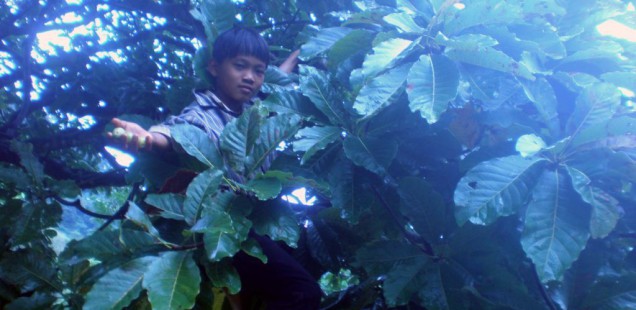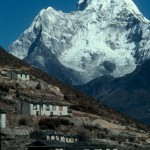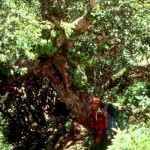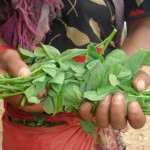
Advancing rights and forging solidarity among the indigenous peoples and local communities that voluntarily conserve their bio-cultural patrimonies in Nepal
Nepal possesses a wide range of examples of territories, natural resources and biodiversity conserved by indigenous peoples and local communities in a voluntary way through their own customary laws and practices.
These – referred to in short as ICCAs– exist in various sizes in all the ecological regions of the country. They include sacred groves, rangelands managed customarily by mobile pastoralists, forests managed through customary norms, community-managed wetlands and even broad landscapes recognised by the government as being directly governed by communities (e.g., Kanchenjunga Conservation Area). Some ICCAs have ancient origin in the culture of local indigenous peoples. Others are more recent examples initiated by conservation NGOs or the state in collaboration with local communities. Indeed, many sites of biodiversity significance in Nepal have great potentials to qualify as ICCAs, including new proposed ‘Conservation Areas’, Ramsar sites, community forests in buffer zone of national parks, wildlife corridors, landscapes conserved in hill tracts, etc.
While the discussion of ICCAs has been proceeding for several years, a national workshop in August 2009 established an ad hoc national network of community conserved areas in Nepal. Building upon this, this initiative will accompany the development of a National Federation of ICCAs in Nepal. A well functioning Federation needs to elaborate its structure and Statute in a participatory way and enhance the capacities of its members to advocate for and promote ICCAs in Nepal. This is crucially important in the current socio-political situation, where the new Constitution and legislation are going to design the future of the country. It is hoped that a vibrant National ICCAs Federation will exert substantial pressure on the authorities to obtain policy and legal framework conducive to recognizing and supporting the “ICCA option”. In turn, ICCAs will provide concrete options for indigenous peoples and local communities to conserve their cultures, their biodiversity, their sense of identity and a good measure of self-determination within a framework of peaceful and productive cooperation with a variety of other actors in the country.
Download : IccA_booklet_mai10









